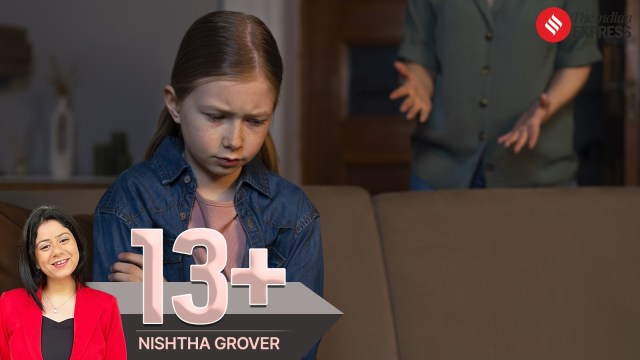Gen Z parenting guide: Why connection matters more than control
For a generation fluent in identity and self-expression, listening often works better than rules
 Let’s unpack how today’s teens see the world, why we sometimes feel like we’re speaking different dialects (Photo: Freepik)
Let’s unpack how today’s teens see the world, why we sometimes feel like we’re speaking different dialects (Photo: Freepik)Let’s be honest: parenting teenagers has never been easy. But parenting Gen Z teenagers is like trying to read a book that keeps rewriting itself while you’re halfway through the chapter.
Born between the late ’90s and early 2010s, this generation lives in a reality that often feels like science fiction to their parents. If you’ve ever stared at your Gen Z teenager scrolling TikTok or Instagram and thought, “What language is that?”—or wondered why they care more about climate change than cleaning their room, you’re not alone.
Let’s unpack how today’s teenagers see the world, why we sometimes feel like we’re speaking different dialects, and how parents can bridge that gap without losing their sanity.
Gen Z has made it normal to talk about identity in ways that used to feel taboo. Gender, sexuality, mental health, cultural background—it’s all part of daily conversation for them. For parents who grew up in quieter times, it can feel overwhelming. For Gen Z, it isn’t rebellion, it’s self-discovery. They’re not pushing away from you; they’re pulling towards who they truly are.
For instance, you might see them “wasting time” gaming. They might see it as bonding with friends and building teamwork (and okay, maybe yelling at strangers). Both perspectives are true—it just depends on which side of the Wi-Fi you’re standing on.
 It’s all about correcting through connection (Photo: Freepik)
It’s all about correcting through connection (Photo: Freepik)
The generational gap shows up everywhere. We grew up waiting a week for the next episode of our favourite show. They live in a world where buffering is unacceptable. Parents value stability, face-to-face conversations, and “normal” careers. Teenagers prize flexibility, purpose, and online communities. No wonder dinner-table negotiations sometimes sound like cross-cultural diplomacy.
Take gaming, for instance. You might see “wasted hours” in front of a screen. They might see teamwork, bonding, and yes, a little yelling at strangers. Both perspectives are true—it just depends which side of the Wi-Fi you’re on.
So how can parents actually connect?
Listen before fixing: Sometimes your teen doesn’t need advice, just ears. Resist the “back in my day…” reflex. If you can hold space without rushing in, you’ve already won half the battle.
Show curiosity (even if you don’t get it): You don’t have to master Fortnite or become a TikTok star. But asking, “What’s fun about this?” goes a long way. Teenagers love it when parents try, even clumsily.
Collaborate, don’t command: The old “Because I said so” rulebook is obsolete. Today’s kids respond better when they’re part of the decision-making. Negotiating screen-time limits, for example, may feel strange, but it often leads to more respect (and fewer slammed doors).
Parenting Gen Z is about connection, not control. The more we adjust our lens, the more we’ll see that beneath the memes, the eye rolls, and the headphones, these kids are simply asking to be understood.
- 01
- 02
- 03
- 04
- 05































